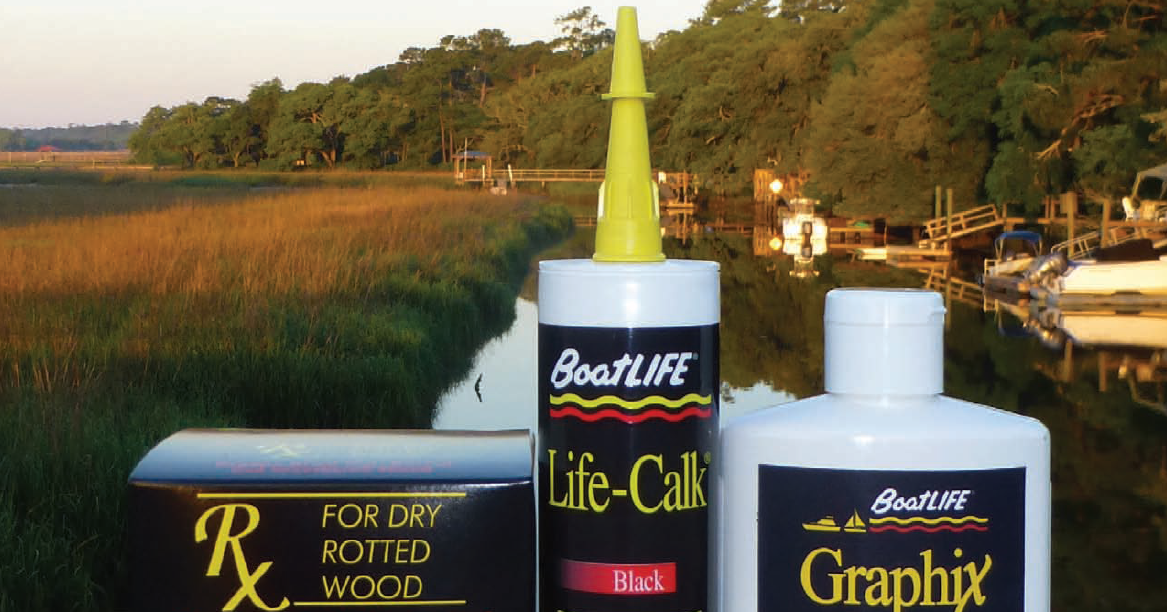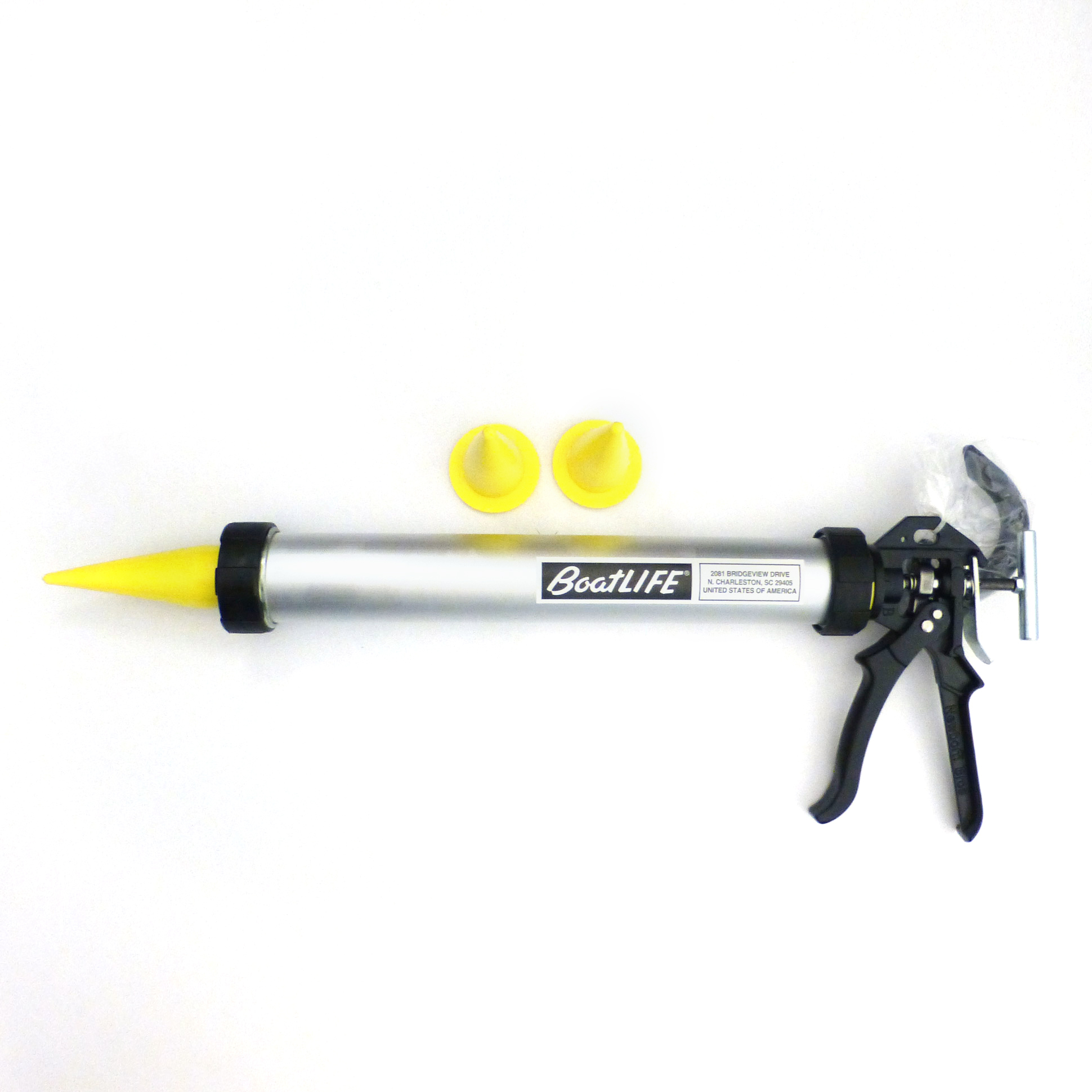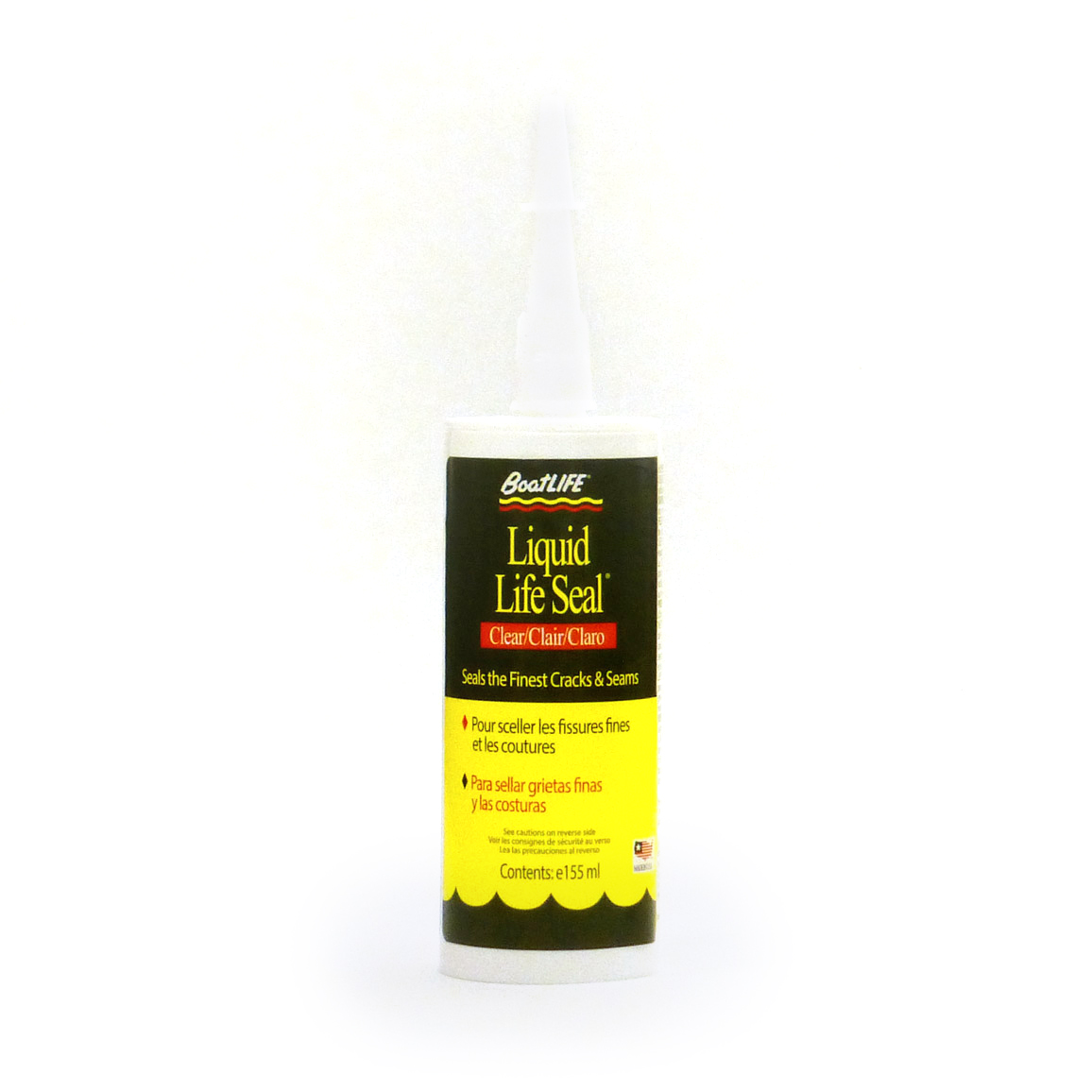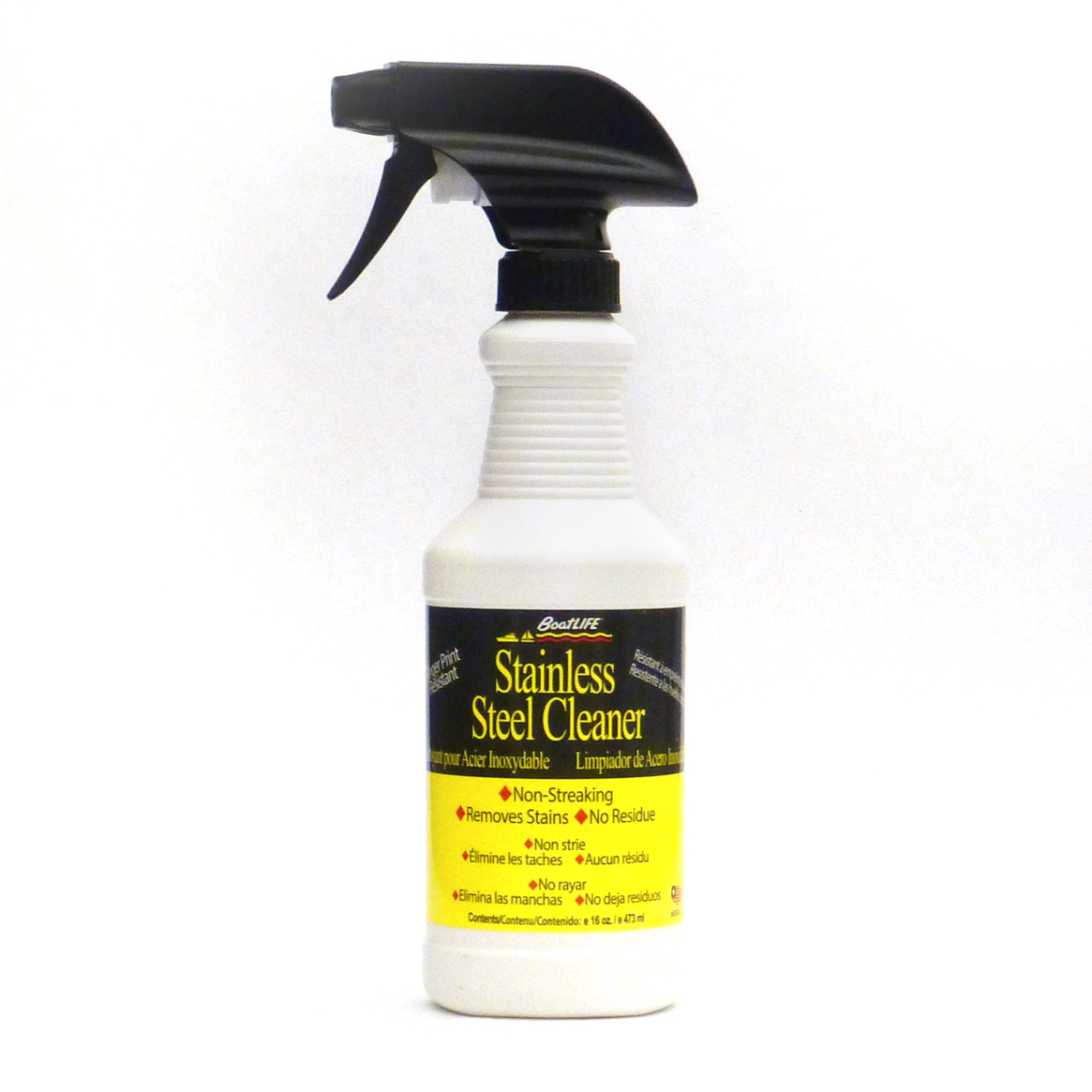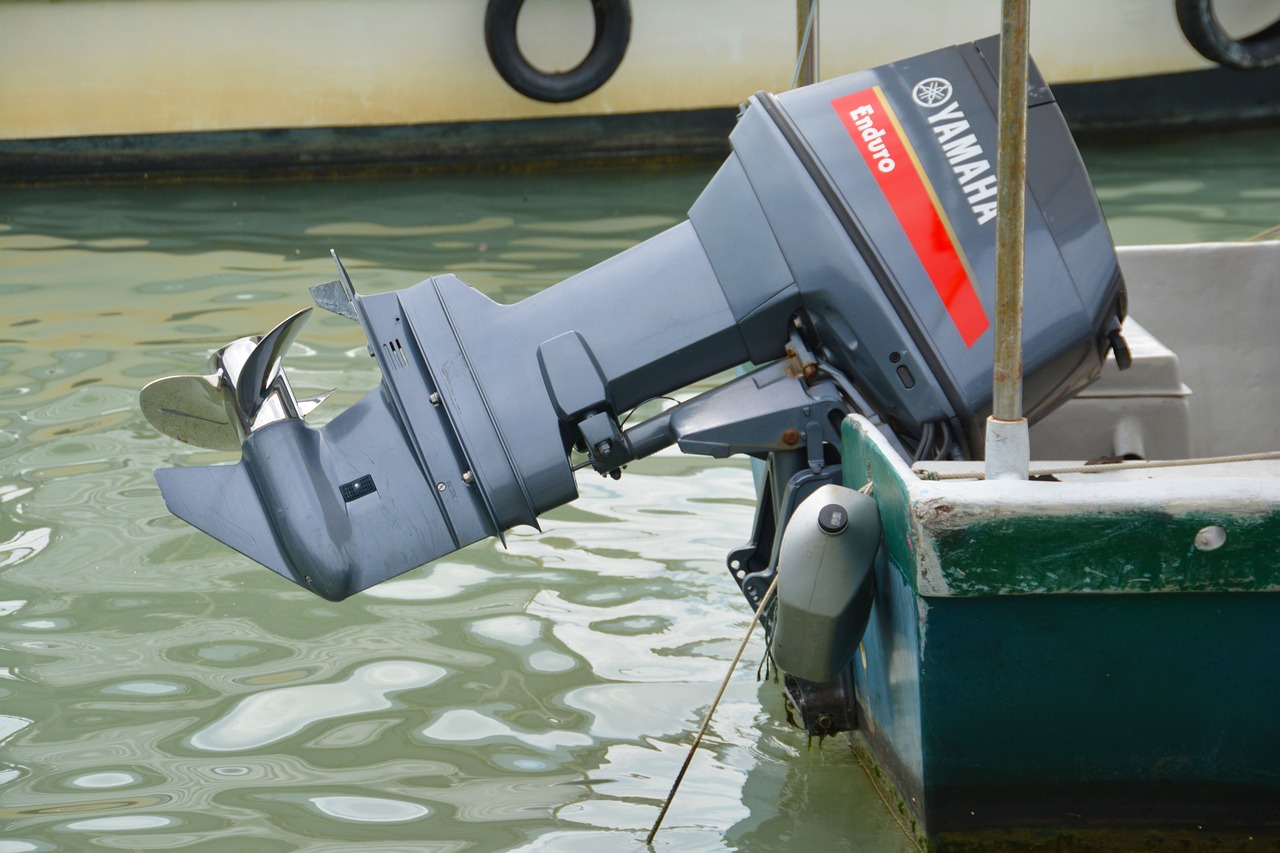
Ever get the feeling that you haven’t done everything you
can to make sure your boat is in tip-top shape? Then there’s a chance you don’t
have an adequate boat engine maintenance checklist. The good news is that a
maintenance checklist doesn’t have to be so cumbersome that it ruins the
experience of owning a boat altogether. Here’s a quick and easy guide to caring
for your engine that can help you keep your engine performing its best.
Essential Items For
Boat Engine Maintenance
When it’s time to maintain your boat engine, here are the
items you won’t want to miss:
-
- Cleanliness.
Is your boat clean? Is the engine itself in good shape when you give it the
“eyeball test”? Browse
BoatLIFE’s
cleaning products
to identify the best product for your engine.
- Cleanliness.
-
- Oil.
Think of oil as the lifeblood of your engine. Just like a car, your boat needs
its oil changed to function properly. Many boat owners recommend changing the
oil for every 100 hours of engine use—which tends to mean about once per year,
depending on your individual consumption. You can either learn how to change
your specific engine’s oil or take it in to a dealer for an oil change.
- Oil.
-
- Propeller
inspection.
How does your propeller look? You can use a deep well socket to
remove a propeller on an outboard boat motor and ensure that seaweed or fishing
line hasn’t gotten through, which could severely impact the quality and
function of your motor. You’ll also want to inspect for signs of damage,
because dings and dents can have a surprising effect on the efficiency of your
motor. There’s no sense paying all that money for gasoline if your propeller isn’t
giving you full efficiency.
- Propeller
-
- Regular
flushing.
DiscoverBoating.com
recommends
flushing out the engine after every trip—freshwater or seawater.
This involves starting up the engine to let the water pump works its magic—and
don’t forget to inspect the pump itself. After it’s finished, they recommend
disconnecting the fuel line to burn the rest of the fuel left in the
carburetor.
- Regular
- Inspection.
Continually inspect your engine for leaks and damage. Discovering a leak may
not be a fun prospect, but it’s better to address it quickly with a boating
professional. Inspect your engine after every use. For long-term maintenance,
regularly inspect the fuel line for cracks, as well as the fuel primer bulb and
any relevant fittings. You’ll also want to check for common problems including
rust, corrosion, fuel tank damage, water in the fuel, and the proper
functioning of the tank vent.
Final Thoughts
Sound like a lot? Once you get your boat engine maintenance
checklist down pat, it will seem like any other routine. Just make sure to take
good care of your engine and bring it in to a professional when you’re in
doubt. And don’t forget to stock up on
BoatLIFE’s maintenance products to
ensure you always have a clean engine that’s in good working condition.
